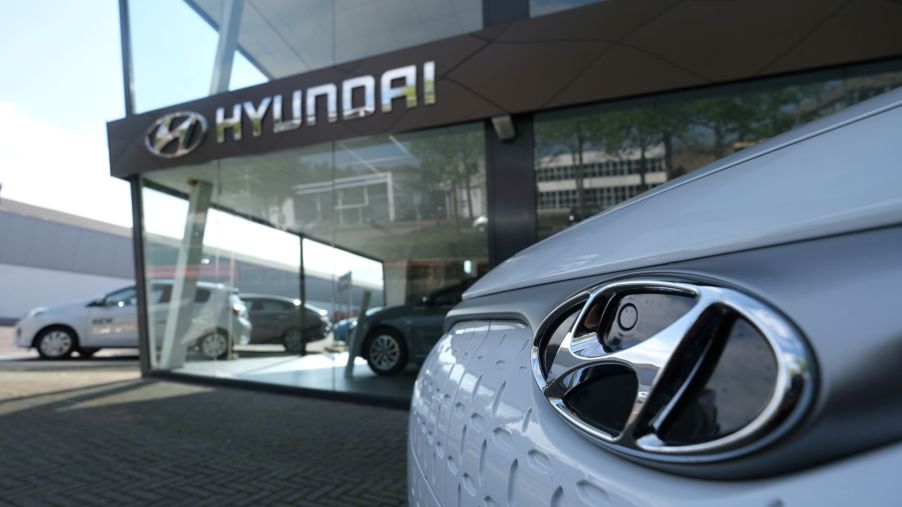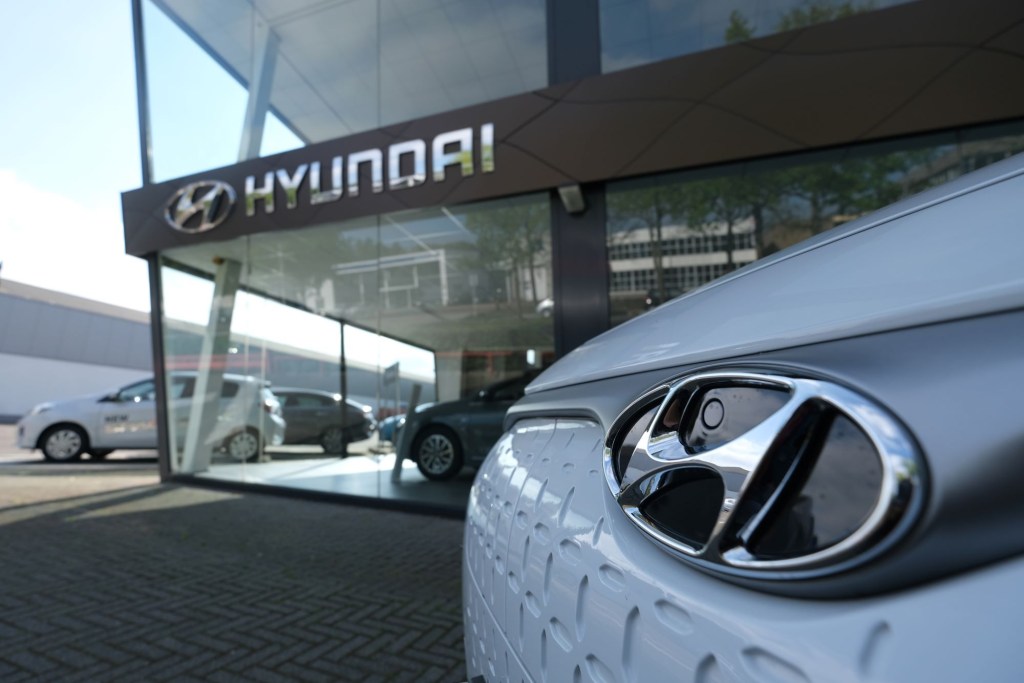
Hyundai Inches Closer to Autonomous Driving as It Goes Quantum
Electric vehicles might be all the rage, but autonomous driving capabilities are also gaining traction. Hyundai is in the headlines for taking steps toward autonomous vehicle development in a big way. Hyundai’s going quantum which only solidifies the automaker’s commitment to innovation.
So, what does it mean to go quantum? And what will this latest partnership mean for the future of Hyundai’s autonomous vehicle development? Consumers could be closer to autonomous driving technology than they think.
What do quantum computers mean for autonomous driving?

Earlier this year, Hyundai announced an essential partnership with IonQ, the absolute leader in quantum computing. Quantum computers, to those unfamiliar with the science, provide machine learning capabilities in revolutionary new applications. Quantum computers are now responsible for vehicle technology, like recognizing 43 different traffic signs. Encoding images will advance the autonomous vehicle effort by creating real-world scenarios that cars can recognize and react to without the influence of a driver.
Hyundai already knows the impact quantum computing has on the current innovations already being developed for autonomous driving vehicles. Officials are committed to exploring more ways IonQ’s technology can improve and enhance the Hyundai lineup of future vehicles. The immediate goal is to improve vehicle performance and cost and advance the safety of lithium batteries used for electric vehicles.
Peter Chapman’s partnership with IonQ
Motor1 shares some of the details behind the Hyundai and IonQ partnership. Both companies expressed enthusiasm about the union, announcing that they’ve started a new project together. This latest endeavor will use quantum computing and machine learning to classify images and 3D objects autonomously.
Hyundai will use this breakthrough project to further the autonomous driving innovations in its lineup of vehicles. Driver assistance features, for example, will be significantly improved once a car can recognize the surroundings automatically and without input from the driver. The quantum computing method is already proving to be faster, more accurate, and more reliable than the current technology and systems in place.
Inching closer to autonomous ventures
The CEO and President of Hyundai’s partner company, IonQ, Peter Chapman, said they are “excited to expand our existing relationship” and “focus on another key aspect of next-gen mobility.” The current partnership already seeks to improve battery research and safety for EVs. But the latest project will significantly enhance object detection technology, a huge step forward toward autonomous vehicle reality.
Hyundai says it’s already testing autonomous driving technologies in its Ioniq. Jerry reported Hyundai’s sharing of its prototype for the autonomous Ioniq 5 SUV last year. It is intended to be a robo-taxi service for the ride-hailing offering slated for launch in 2023 and in conjunction with an Aptiv partnership. Officials predict that Hyundai Motor Group will only further invest in speeding up the development of higher-level autonomous vehicles and improving intelligent mobility in the coming years.
So, will the Ioniq 5 officially be self-driving? This robo-taxi will be equipped with the software required to meet the Level 4 autonomous distinction, according to The Korean Economic Daily. Of the five levels of autonomous capability, even the industry-leading Tesla technology only ranks as a Level 2 of autonomy. So, pushing to have a Level 4 self-driving vehicle by 2023 is incredibly ambitious. But considering Hyundai’s partnership and new project development with IonQ, the automaker is fully committed to making it happen.
As automakers race to improve electric vehicle technology, Hyundai demonstrates it’s ready to also commit to developing autonomous vehicles. And with the recent IonQ partnership, Hyundai’s already moving forward with ways to make immediate improvements in safety, costs, and innovation by leveraging the very latest in quantum computing. At this rate, we could be moving toward a self-driving reality faster than we think.


